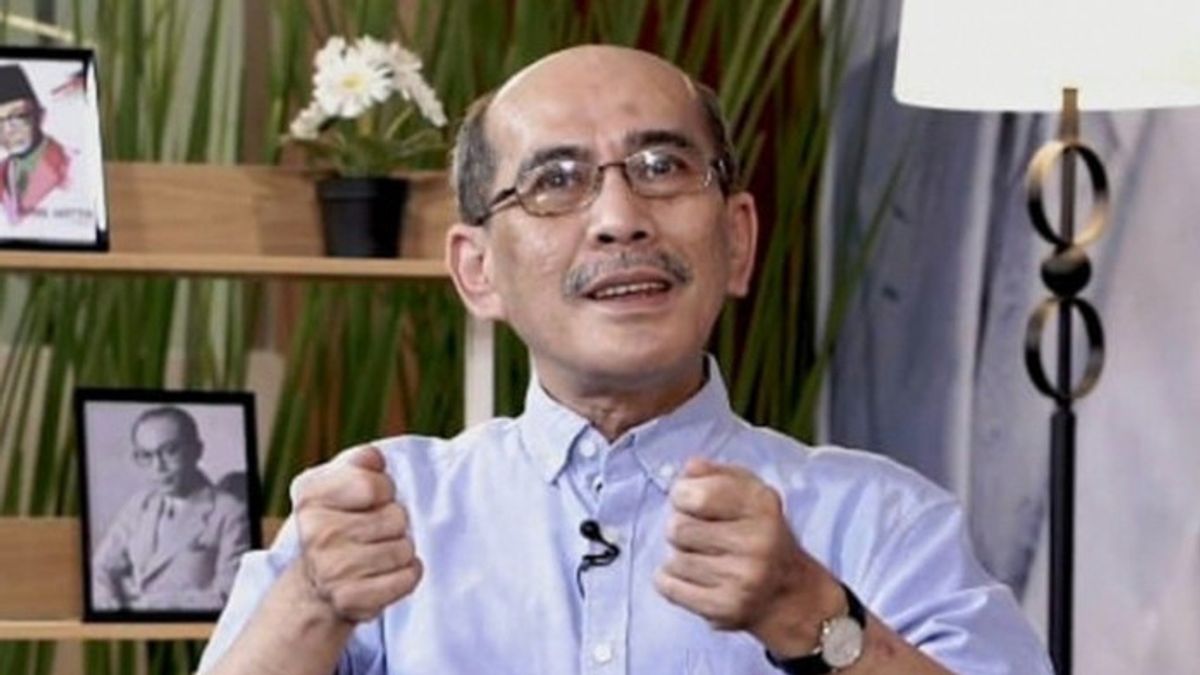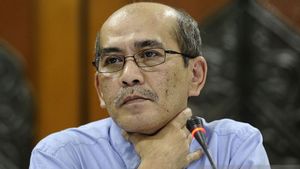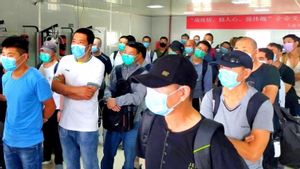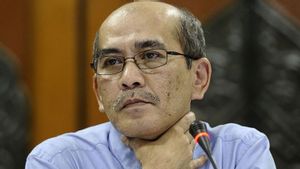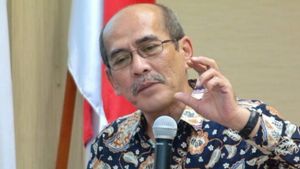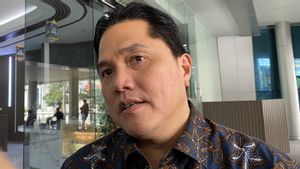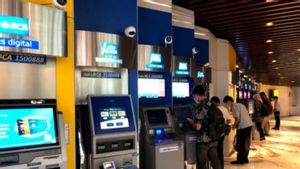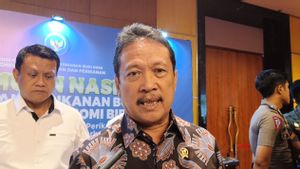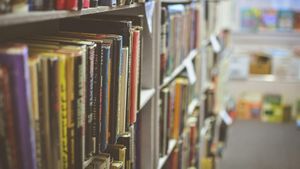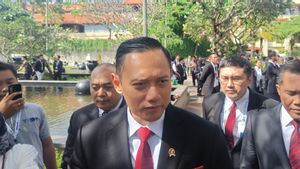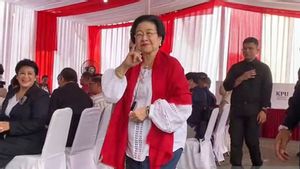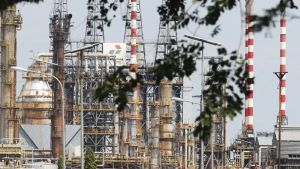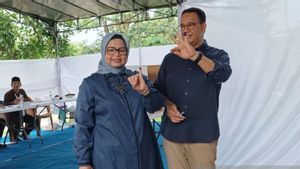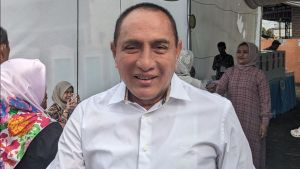JAKARTA - University of Indonesia (UI) senior economist, Faisal Basri, said that in Indonesia, monopoly practices in food management are still very strong, one of which occurs in sugar commodities. He said that the national sugar production was only controlled by three groups.
Furthermore, Faisal said they control as much as 96.2 percent of the total national refined sugar production. The three groups are Martua Sitorus, Kurniadi, and Edy Kusuma. Of the three, they oversee 11 refinery companies that have been granted permits by the government.
"Those three groups control 96.2 percent of refined sugar production. So it's just a matter of time before the national sugar industry will collapse one by one and we will depend on imports", he said in a virtual discussion, Thursday, August 26.
Faisal assessed that these three groups often play with import policies through regulations issued by the government. He said the goal is to get more profit from sugar imports.
For example, continued Faisal, in Law Year 2014 Number 39 Article 74 it is stated that each processing unit of certain plantation products with imported raw materials is required to build a plantation no later than three years after the processing center operates. However, that rule was later annulled by the existence of the Job Creation Act.
In a derivative rule in the form of Government Regulation (PP) Number 26 of 2021 Article 30 paragraph 2 states that the sugar cane processing unit made from imported raw materials does not include refined sugar processing units.
SEE ALSO:
Therefore, said Faisal, they are free from the obligation to build plantations even though they have been operating for decades.
"So their obligations have been terminated through the Government Regulation which is inserted in the explanation. 11 refined sugar companies have been granted permits even though they cannot plant (sugarcane) in the garden", he said.
According to Faisal, due to the unclear regulations set by the government, Indonesia's potential to achieve food self-sufficiency is very difficult and continues to depend on imported raw materials. This is reflected since 1937, which had become the second-largest sugar exporter in the world, while now it has become the second-largest sugar importer in the world.
"The rent-hunters are now smuggling the articles in those provisions. I think it's very dangerous, I hope my friends from the Corruption Eradication Commission (KPK) have caught it", he said.
The English, Chinese, Japanese, Arabic, and French versions are automatically generated by the AI. So there may still be inaccuracies in translating, please always see Indonesian as our main language. (system supported by DigitalSiber.id)
